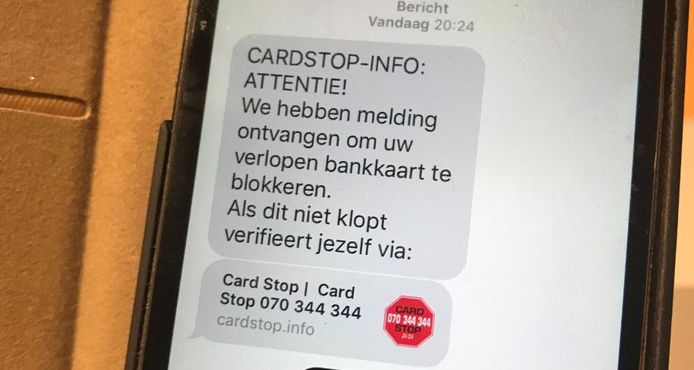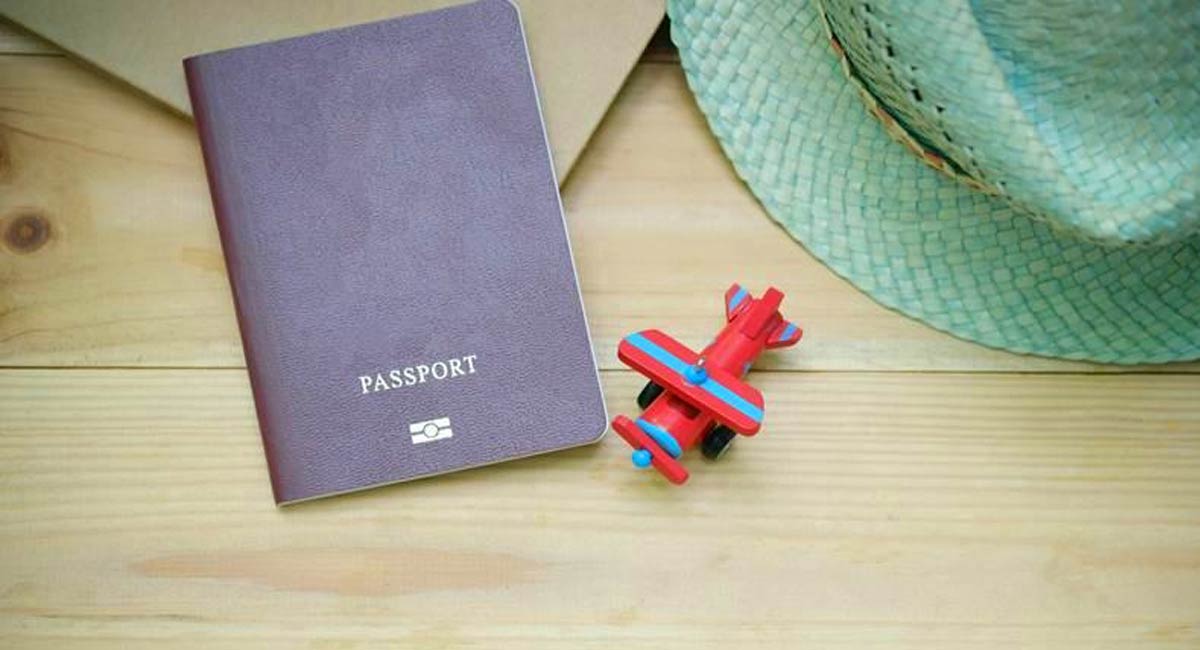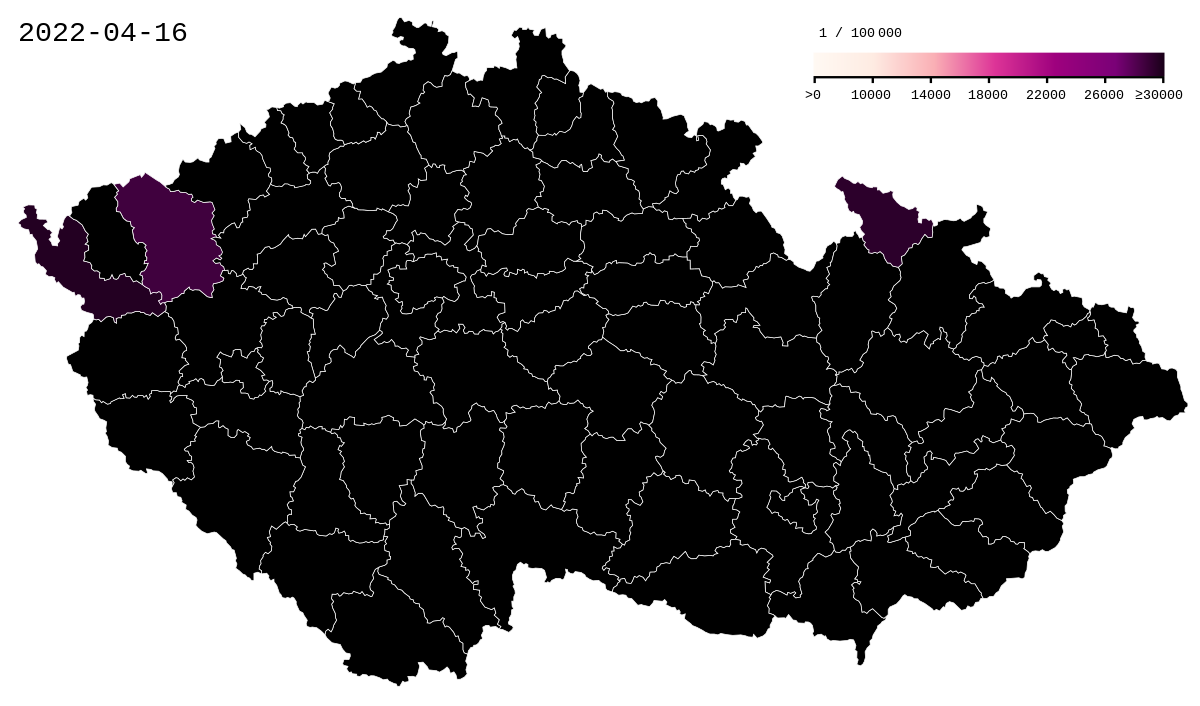
Pas voor op fraudeurs die valse Card Stop-sms'jes versturen. Zo beschermt u zich ertegen | Geld | hln.be

BDO Unibank - Get 20% OFF at Designer Blooms with BDO Credit & Debit Cards until November 30, 2022. Available at any Designer Blooms branch, online and at the Christmas Village located

How to increase Credit Card limit | ICICI Bank Credit Card Limit increase करे 30 Second में - YouTube

BDO Unibank - Please be guided that all BDO branches nationwide are closed on weekends until further notice. This is to ensure the health and safety of our workforce, and the disinfection













